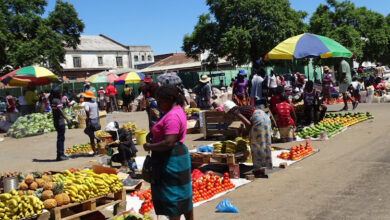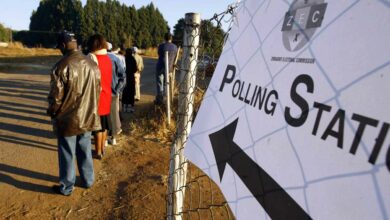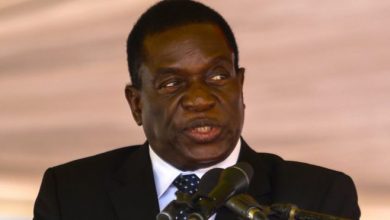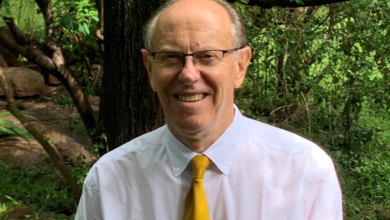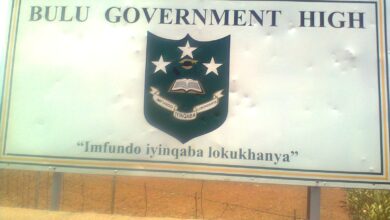Matabeleland farmers start preparing for dry season
But resource capitalisation is a challenge...

Matabeleland farmers have started preparing for the dry season to minimise the effects of another drought caused by the effects of climate change but their efforst are hampered by lack of resources.
The country experienced another season of poor rainfalls while most farmers are still recovering from the 2014 to 2016 El Nino induced drought.
In Matabeleland, over a thousand cattle and donkeys in the region died last year due to water shortages and depleted pastures.
Speaking to CITE, a farmer from Umguza, Donald Khumalo, said the state of preparedness in the district against the dry season was challenging as farmers were also negatively affected by economic challenges.
“If we are minimise the impacts of drought again, we have to start preparing for the dry season but our state of preparedness is quite difficult. Our main challenge is capitalisation and making ensuring that farmers are well financed to embark on activities,” he said.
“As I speak right now farmers are not well-resourced, livestock feed is expensive and people are contradicted if not competing with feeding themselves or their livestock. At the same time resources are running out.”
Khumalo added that some farmers had begun downsizing their herds by selling them but were not making much profits.
“Most farmers are trying to feed their livestock and taking them to the market but they are gaining value as the selling price is very low. This is why some farmers have started reducing their heads by selling to other farmers who can afford to feed them,” he said.
A farmer from Shangani, Earnest Ndlovu concurred that farmers in this district had engaged in drought preparedness strategies which include harvesting hay.
“Most farmers have started cutting grass from grazing lands to make hay so that their livestock will have feed during the dry season,” he said.
But Ndlovu lamented that Shangani was an area frequented by illegal miners, who had a tendency of burning grass in order to detect the gold.
“We have to be on our guard protecting the grass against the gold panners. We have also started creating fire guards to protect the grass to harvest and make hay,” he said.
Ndlovu added that most farmers have drilled own boreholes to alleviate water shortages since they could not afford to construct dams.
“Those without water sources are in trouble because we have water challenges in this area, which is why drilling boreholes is ideal,” he said.
According to the World Food Programme (WFP), Zimbabwe is facing its worst hunger crisis in a decade with half of the population – 7.7 million people – food insecure.
The WFP said a “climate disaster” and “economic meltdown” were to blame for the ongoing crisis, with normal rainfall recorded in just one of the last five growing seasons.


